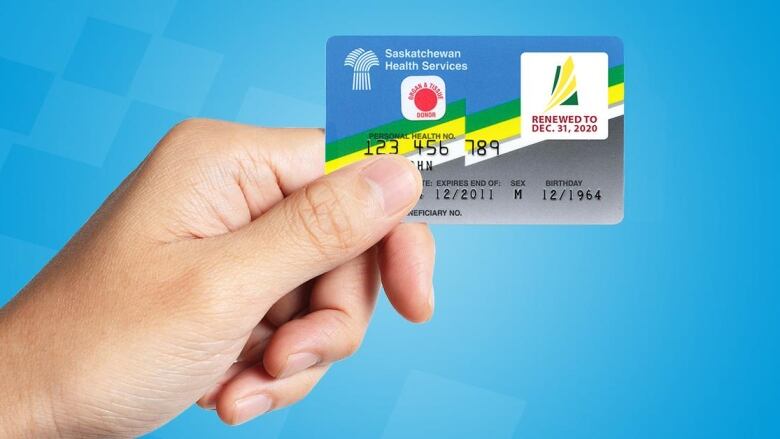Sask. auditor chastises eHealth for sole-sourced contracts and vendor-sponsored trips
Auditor recommends eHealth strengthen its conflict of interest policies

Saskatchewan's provincial auditor Judy Ferguson says she found eight instances where eHealth employees inappropriately went on trips sponsored by vendors and 10 cases where contracts were sole-source without written justification.
In a report released today, Ferguson made a series of recommendations to improve the organization's policies and processes, with a goal of avoiding future conflicts of interest.
Her investigation was launched after three people two eHealth employees and one seconded to eHealth from the Saskatoon Health Region were dismissed for taking vendor-sponsored trips.
The auditor noted, "two of these individuals had decision-making responsibilities over eHealth's procurement of goods and services."
Her report urges eHealth to improve it's policies.
"Having a clear and robust policy will also promote a consistent and fair approach across the organization in accepting vendor-sponsored travel and improve compliance."
CBC broke the story about those employees and their trips last year.
In a September 12, 2018 email, eHealth said that while the employees were disciplined for bad behaviour, the contracts with the vendors providing the trips raised no red flags.
"All contracts with the companies involved have been reviewed and it was determined that no follow-up action was required," the email said. It also said that the board and executive "feels the organization is well positioned to ensure these types of conduct violations do not happen again in the future.
In her report, Ferguson identified concerns with some eHealth contracts and flagged problems with the organization's policies and procedures, resulting in ten recommendations.
Conflict over conflict of interest
Ferguson found that "sixteen of 22 employees we tested did not have a completed conflict of interest declaration form in personnel files."
She also found "five employees (former and current) with undeclared conflicts."
"These individuals had personal relationships with other staff or with eHealth vendors or had past work history with eHealth vendors," she wrote.
She said some eHealth employees directly involved in selecting vendors "were not formally declaring conflicts of interest." She also noted that three eHealth employeesflatly refused to sign the organization's code of conduct.
"eHealth's management did not place any consequences on the three staff for not acknowledging their understanding or compliance with the code of conduct."
Ferguson found that "staff aware of real, potential or perceived conflicts of other staff are not reporting them."
Problems with procurement
Ferguson's report said that when contracts are sole-sourced meaning they are awarded without a competitive bidding process organizations should have a written explanation as to why that was done. Without that, "eHealth is not facilitating equitable treatment of vendors, and may not have obtained the best value when making purchases," she wrote.
She looked at 10 sole-sourced purchases and found that none of them had any written justification and "as a result, ehealth was unable to show us it obtained the best value when making these purchases."
She said eHealth's procurement policies need to be improved because as they stand, "eHealth's employees may not evaluate all vendors fairly and equitably."
As an example, Ferguson noted that vendors aren't being given enough time to respond to requests for quotes.
She tested three requests and found eHealth gave just 5-10 days for vendors to respond.
She said that could increase "the likelihood that some may not see the request or choose not to respond because of the short time frame. Fewer responses result in fewer options to acquire goods or services at the best price."












_(720p).jpg)


 OFFICIAL HD MUSIC VIDEO.jpg)
.jpg)



























































































